SUMMARY
This is AI generated summarization, which may have errors. For context, always refer to the full article.
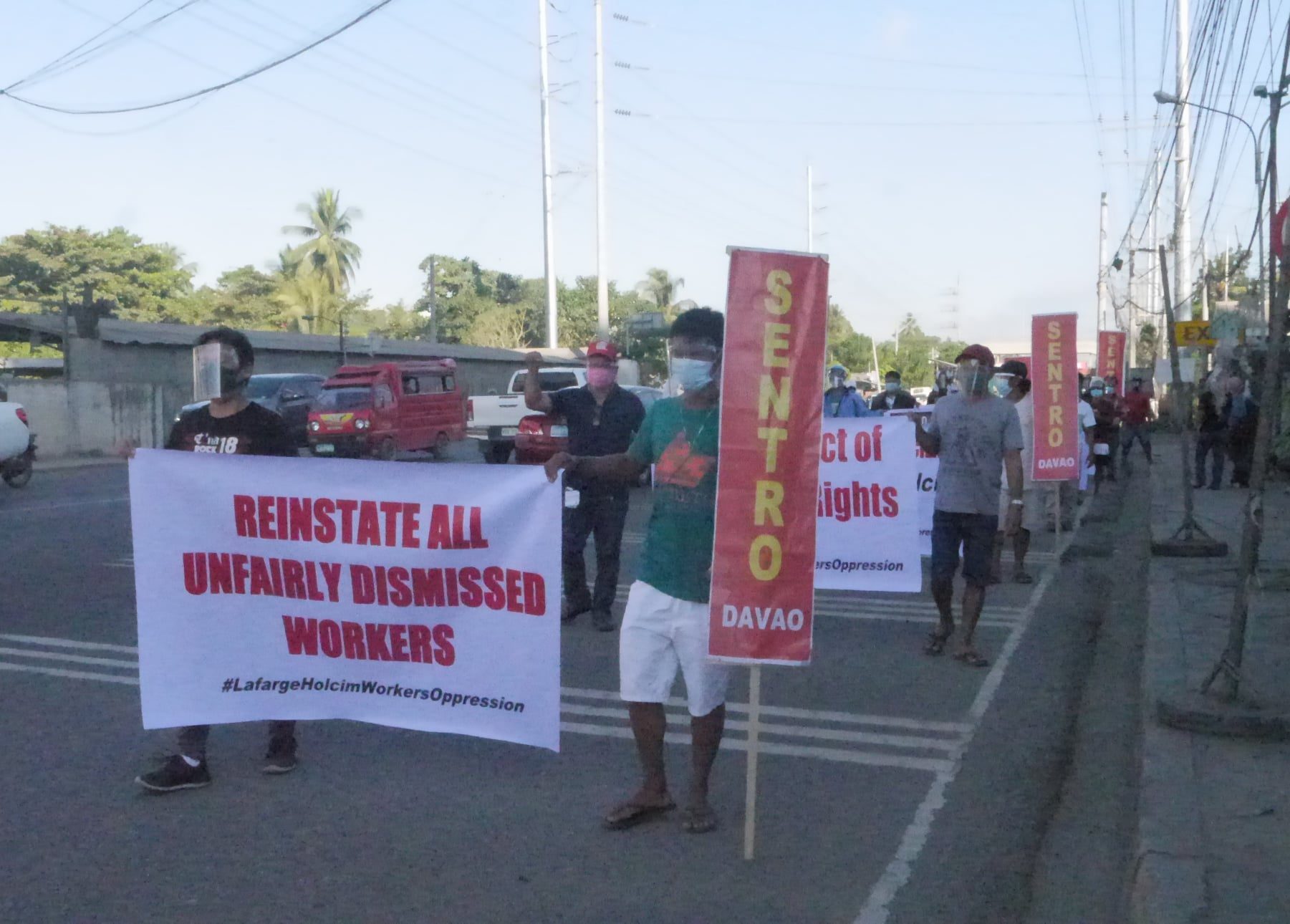
John* (not his real name) spent a decade working at Holcim Philippines’ cement plant in Davao City, under contractor Fort Steel Cargo Integrators Incorporated.
The long and arduous fight to regularization led to him being terminated from his job in March 2019, along with over 100 others, despite a regularization order from the regional office of the Department of Labor and Employment (DOLE).
Since 2019, John and the members of the Davao Holcim Employees and Workers Union, or DAHEWU, have been receiving threats and messages claiming that they are linked to communist rebels. DAHEWU is a union under labor group Sentro.
“They posted our photos on Facebook with a caption saying we’re members of the NPA (New People’s Army). They added our friends and family on Facebook, so our contacts could see the posts alleging we did something wrong,” John told Rappler.
“In their posts, they keep saying that being part of a union and protesting against Holcim are wrong. Some messages even include threats that they will attack us,” he added.
Despite this and the threat of the coronavirus pandemic, they continued to protest the mass termination. But in February 2021, the picket line in front of Holcim was dismantled and their banners destroyed.
DAHEWU was also supposed to mark two years since the workers’ mass termination last March, but John said several of their members feared they would be apprehended after teachers and students of a Lumad school – also red-tagged by authorities – were arrested in Cebu.
Then activists were killed in Calabarzon.
In April, John recalled, an unidentified man aboard a motorcycle went to his home and tailed him for two days.
Another DAHEWU member also received a threat in Bisaya which said: “I will put you in a sack and kill you on the streets. You’re a shame to Davao.”
“I am afraid, I fear for my family’s safety. Our members feel the same way,” John told Rappler.
Union-busting?
Michael Ibañez, the Sentro-Davao coordinator, believes Holcim had a hand in the red-tagging. He said union members ignored the claims made against them in previous years, but the political climate these days has made them rethink their stance on the matter.
“Before, we dismissed the claims of red-tagging. But now, unionists have been killed. We’re ready to speak,” Ibañez said.
Sentro secretary general Josua Mata, meanwhile, said those red-tagging the workers probably know that they are not affiliated with rebels.
“I’m sure they are aware that Sentro and DAHEWU are not connected with the CPP-NPA (Community Party of the Philippines). In Davao, it’s about retaliation against those who are critical of President Duterte,” Mata said.
“But for the companies, red-tagging is a convenient instrument for union-busting.”
Mata also said that Holcim, as part of global firm LafargeHolcim, should abide by the Organisation for Economic Co-operation and Development (OECD) guidelines for multinational enterprises.
In 2019, Sentro and global federation Building and Wood Workers’ International filed a complaint against LafargeHolcim before the OECD, alleging the firm violated guidelines on employment and industrial relations.
Sentro and DAHEWU are asking for the reinstatement of the dismissed contractual workers as regular employees, with wages and benefits under the current collective bargaining agreement.
They also want payment of their claims resulting from underpaid wages and nonpayment of overtime pay, among others.
In its reply to the complaint, LafargeHolcim said it views its actions at the Davao City plant as being “in full compliance with OECD guidelines.” At the time, San Miguel Corporation had plans to acquire Holcim, which LafargeHolcim said would have affected mediation between the parties.
The acquisition plans were later canceled after failure to secure approval of the Philippine Competition Commission.
In 2020, the Swiss National Contact Point said in its initial assessment that the issues raised “merit further consideration.”
Holcim denies harassment
In a statement sent to Rappler, Holcim Philippines denied accusations that it is behind the harassment of unionists.
“Holcim Philippines remains committed to respecting the rights of people to peacefully and freely express themselves. We strongly deny any accusation related to harassment of people such as social media attacks,” it said.
On the removal of the picket line, Holcim said it was “part of clearing operations” led by the local government and “did not involve the company.”
“The company respected the presence of the picket line for the past few years,” it said.
As LafargeHolcim holds its annual general meeting on Tuesday, May 4, Mata urged stockholders to pressure the global management to “respect workers’ rights.”
Earlier, Labor Secretary Silvestre Bello III said the DOLE will arrange a meeting with Sentro on the red-tagging accusations. – Rappler.com
*The name was changed to protect the identity of the interviewee. All quotations were translated into English.
Add a comment
How does this make you feel?
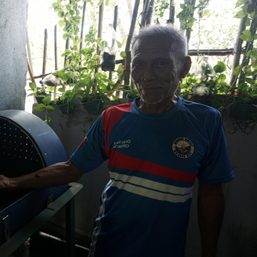
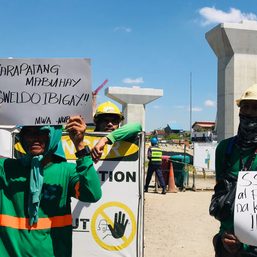

![[Episodes] Fairness to freelancers](https://www.rappler.com/tachyon/2024/02/Freelance-Writers-Guild-of-the-Philippines-rate-guide.jpg?resize=257%2C257&crop=217px%2C0px%2C720px%2C720px)
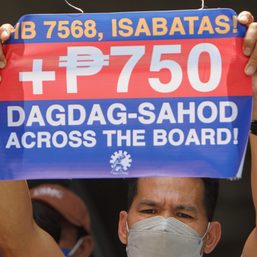

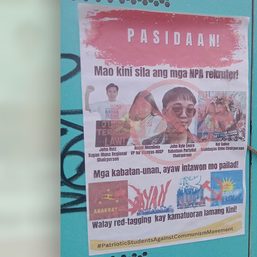

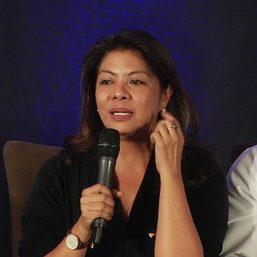
![[OPINION] Jhed and Jonila’s fight for justice](https://www.rappler.com/tachyon/2024/02/TL-jhed-and-jonilla.jpg?resize=257%2C257&crop=411px%2C0px%2C1080px%2C1080px)
There are no comments yet. Add your comment to start the conversation.